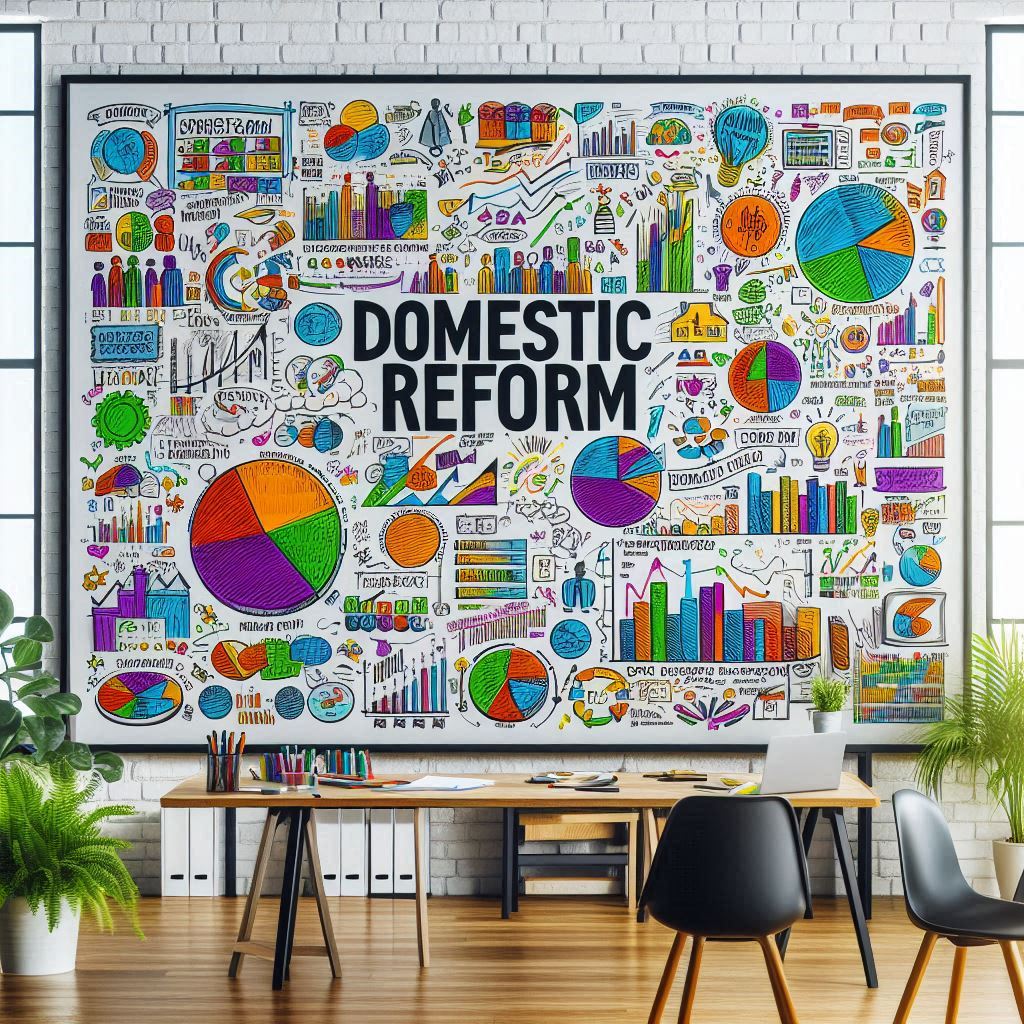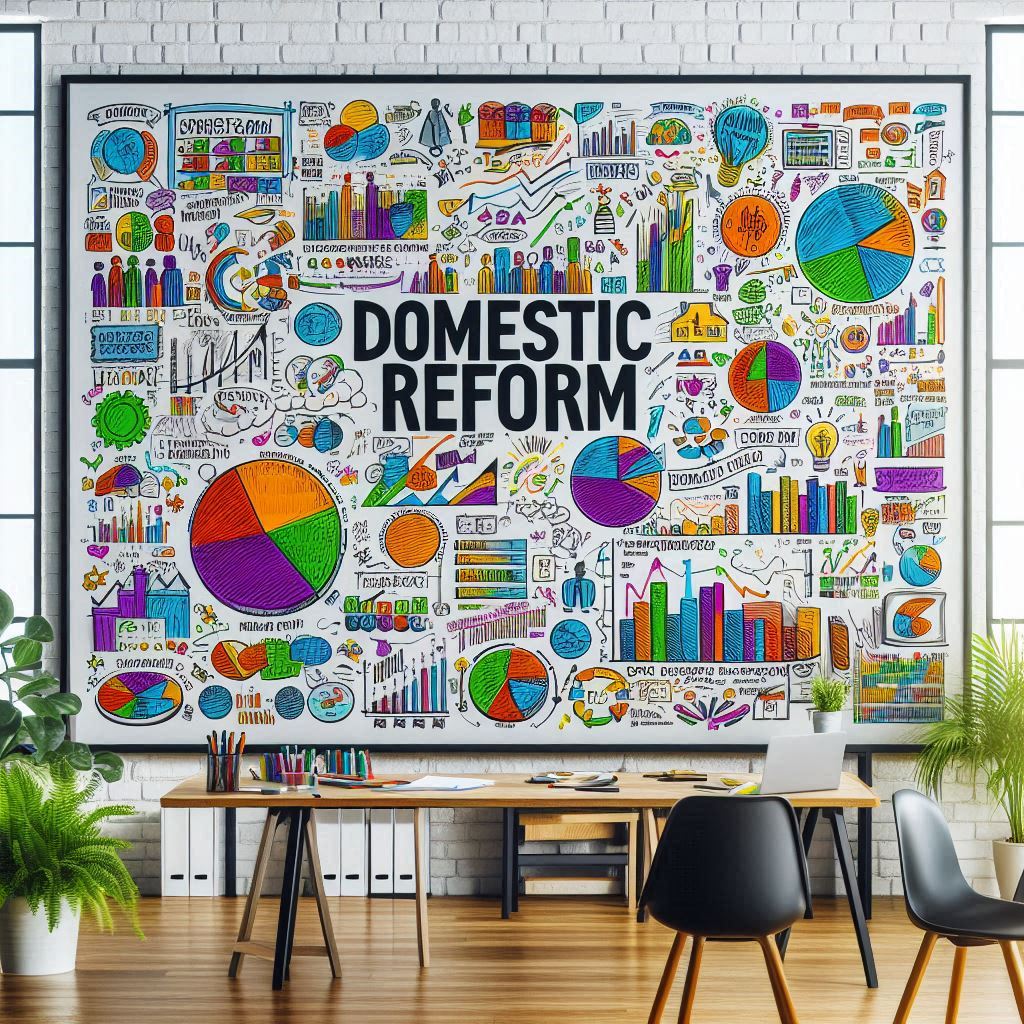
As the world grapples with the economic impacts of protectionist policies and unpredictable trade tariffs, nations must turn their attention inward to safeguard their economic stability. In light of recent developments, World Bank lead economist Gonzalo Varela emphasizes the importance of focusing on domestic reforms and streamlining regulations. These strategies may provide a buffer against the uncertainties stemming from global economic shifts, particularly the policies introduced by US President Donald Trump.
One of the global market’s primary concerns today is the United States’ proposed tariffs. President Trump’s administration has been vocal about implementing tariffs to protect domestic industries, leading to ripple effects across international trade networks. Countries that rely on exporting goods to the US face challenges that could disrupt their economies. In this context, domestic reforms become essential to maintain economic resilience.
Varela suggests that countries should prioritize reforms in labor market flexibility, infrastructure development, and education. By enhancing the quality of the workforce and creating a conducive environment for businesses, nations can foster innovation and competitiveness. Additionally, improving infrastructure can lower production costs and increase efficiency, making industries more resilient to external shocks.
Streamlining regulations is another critical aspect of domestic reforms. Simplifying bureaucratic processes and reducing red tape can attract foreign investment and boost local businesses. Businesses operating in a more efficient regulatory environment can adapt more readily to global market changes. This adaptability is crucial in navigating the complexities of international trade and mitigating the impacts of protectionist policies.
Moreover, countries should invest in sectors with the potential for growth and diversification. Diversifying the economic base can reduce dependency on specific industries or markets, thereby spreading risk. For instance, investing in technology and renewable energy can open new avenues for economic development and create jobs in emerging sectors.
In conclusion, while global uncertainties and protectionist policies pose challenges, they also allow countries to strengthen their domestic foundations. By focusing on domestic reforms and streamlining regulations, nations can create a more resilient and dynamic economy capable of withstanding external shocks. As Varela aptly notes, the key to navigating these turbulent times lies within our borders.




